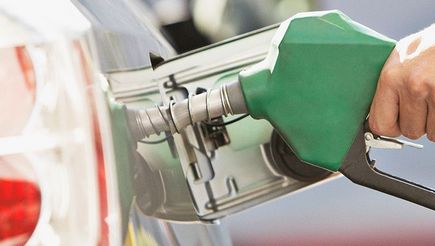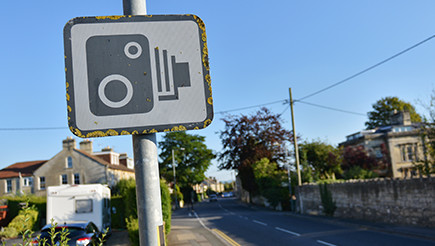Electric vehicles are more affordable, more accessible and an increasingly serious option for company fleets.
Between January and September 2015, two thirds of the ultra-low emissions cars registered in the UK were bought by businesses. With various government initiatives still available, and sustainability a hot topic, it might be time to consider converting – once you’ve weighed up the pros and cons.
Government incentives
The UK government continues to run plug-in car and van grants offering up to 35% off the cost of a qualifying electric car, or 20% off an electric van up to a potential maximum of £8,000. Certain local authorities also run initiatives. Bristol’s source WEST is a good example, and you can find out which councils receive grants from the Local Sustainable Transport fund from the Department for Transport.
Tax benefits
Once you have the vehicle, there are added tax benefits including:
- Exemption from fuel duty
- Reduced or zero vehicle excise duty (see Road Tax rules for 2019)
- Lower VAT
- Enhanced capital allowance
Size and spec
At the time of writing, the Nissan e-NV200 was still the largest electric van available. That can hold up to 770kg, much less than a Ford Transit, and has a range of 106 miles. That may change with the launch of the Emerald T-001 in 2017, though, which can hold loads of up to 1,400kg with a 66-mile range. Zap Map lists all models currently available.
Running costs
The British Vehicle Rental and Leasing Association calculated that electric cars are cheaper to run than petrol or diesel by between 6–12p per mile, and Go Low Ultra estimates savings of around £300 a year on service, maintenance and repair costs.
Charge points
Because of the reduced range of electric vans, you’ll need to consider the availability of local charge points. Zap Map is again the go-to site to find out how well covered your area is, but if you’re short on charge points you’ll need to install one yourself. Depending on whether you opt for a rapid charge unit or not, the price could range from as low as £1,000 to as much as £35,000.
Sustainability
Switching to electric vehicles also helps the environment. Ultra-low emission vehicles emit less than 75g CO2 per kilometre driven, compared to 155g per kilometre or more for a large petrol van. When you factor in the heavy metals and other pollutants in diesel, that’s a significant saving. Going green can also benefit your business branding and image.
Once you’ve made a decision, don’t forget to factor in commercial van insurance to ensure your new van is covered whatever the circumstance.






